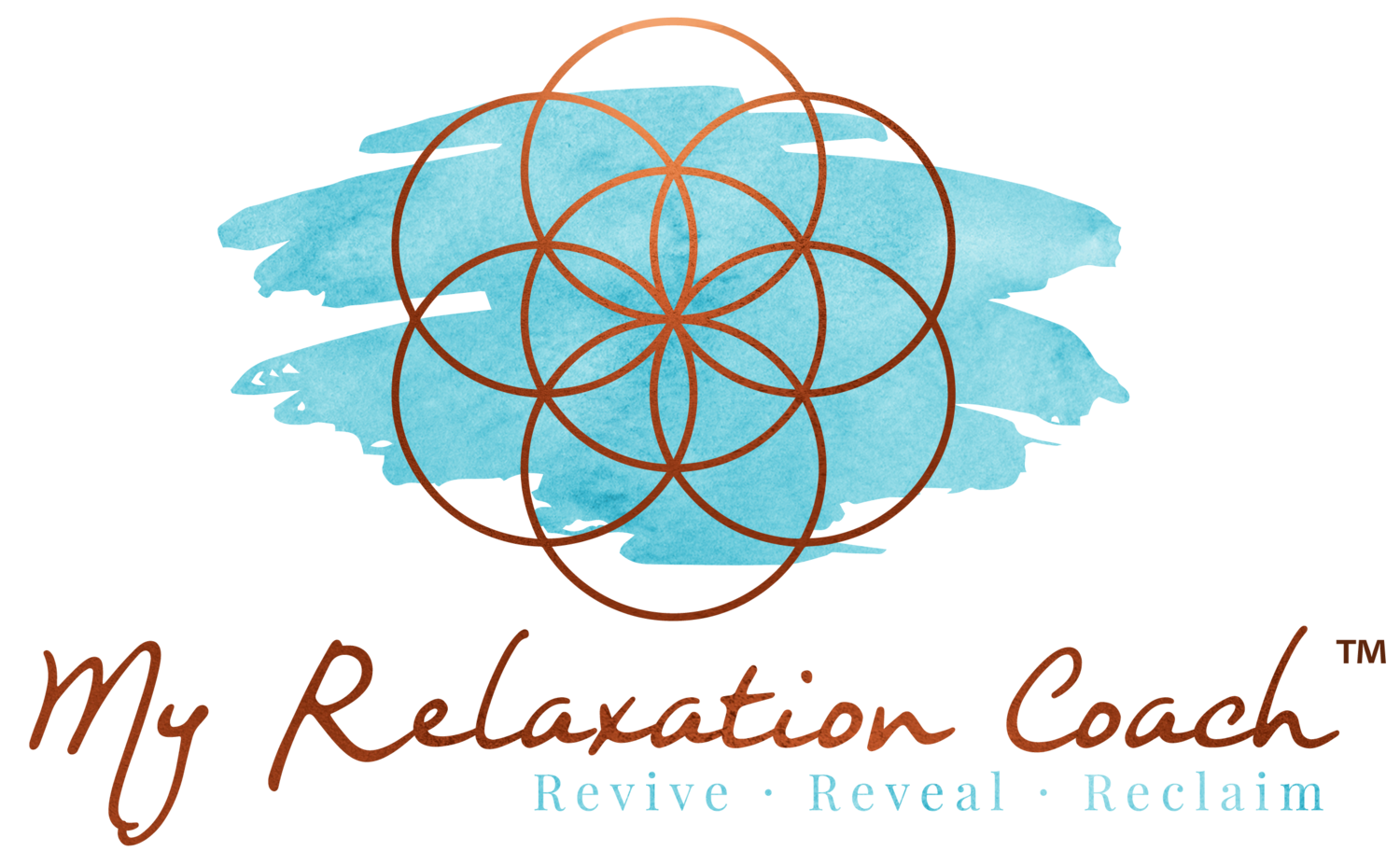The Negative Impact of Pathologizing Natural and Normal Trauma Responses
Introduction
In the UK, the tendency to pathologize natural and normal trauma responses has detrimental effects on individuals' emotional wellbeing. However, there is a growing recognition of the importance of trauma-informed approaches, including trauma-informed coaching, in providing support and healing. By acknowledging the role of trauma-informed coaching, we can address the negative consequences of pathologization and promote a more compassionate and empowering approach to trauma recovery. In this article, we will explore the impact of pathologizing trauma responses in the UK and highlight the significance of trauma-informed coaching in facilitating emotional wellbeing.
Shifting the Focus from Deficit to Resilience
Trauma-informed coaching emphasises the strengths and resilience of individuals who have experienced trauma, shifting the focus from deficits to potential. Rather than pathologising trauma responses, trauma-informed coaching recognises that these responses are adaptive and understandable in the context of the individual's experiences. By reframing the narrative around trauma, individuals are empowered to explore their strengths, build resilience, and regain control over their lives.
Holistic and Person-Centered Approach
Trauma-informed coaching takes a holistic and person-centered approach to support individuals in their healing journey. It acknowledges that trauma affects multiple aspects of a person's life, including their emotional wellbeing. Trauma-informed coaches consider the individual's unique needs, preferences, and cultural background, creating a safe and non-judgmental space for exploration and growth. This approach fosters a sense of trust, collaboration, and empowerment, enabling individuals to reclaim their agency and make informed decisions about their emotional wellbeing.
Addressing the Impact of Sociocultural Factors
Pathologising trauma responses often overlooks the influence of sociocultural factors on an individual's experience. In contrast, trauma-informed coaching acknowledges the broader context in which trauma occurs, including the impact of systemic oppression, discrimination, and social inequities. By addressing these factors, trauma-informed coaches help individuals recognise and navigate the external barriers that may hinder their healing process. This approach promotes social justice, inclusivity, and a more comprehensive understanding of trauma.
Facilitating Self-Reflection and personal power
Trauma-informed coaching encourages self-reflection and empowers individuals to become active participants in their healing. By fostering a supportive and non-judgmental environment, trauma-informed coaches help individuals explore their experiences, beliefs, and emotions, enabling them to gain insight and make meaning from their trauma. This self-reflective process allows individuals to develop a greater sense of self-awareness, self-compassion, and self-determination, empowering them to take steps towards their emotional wellbeing.
Complementing Traditional Services for Emotional Wellbeing
Trauma-informed coaching complements traditional services for emotional wellbeing by providing a different modality of support. While therapy and counseling focus on addressing clinical symptoms and diagnoses, trauma-informed coaching focuses on strengths, goals, and personal growth. This collaborative and forward-looking approach can be particularly beneficial for individuals who have already engaged in therapeutic interventions and are seeking support to re connect with themselves and their lives after difficult experiences. Trauma-informed coaching offers a bridge between clinical treatment and the individual's personal goals, supporting their ongoing growth and emotional wellbeing.
Conclusion
Pathologising natural and normal trauma responses in the United Kingdom has significant negative consequences for individuals' emotional wellbeing. However, trauma-informed coaching offers a transformative approach that recognizes the strengths and resilience of individuals and promotes their empowerment and self-reflection. By integrating trauma-informed coaching into existing support systems, we can create a more compassionate and inclusive approach to trauma recovery and emotional wellbeing.
I am here to help. As a trauma information specialist, I offer a meet and greet 30-minute consultation to discuss your needs and explore how trauma-informed coaching can support your emotional wellbeing. Contact me at myrelaxationcoach@gmail.com to schedule your consultation.
Remember, your trauma responses are natural and normal, and you deserve compassionate support tailored to your unique needs.
Ro
x
Call: 07961411139
Email: myrelaxationcoach@gmail.com
Website: www.myrelaxationcoach.co.uk

